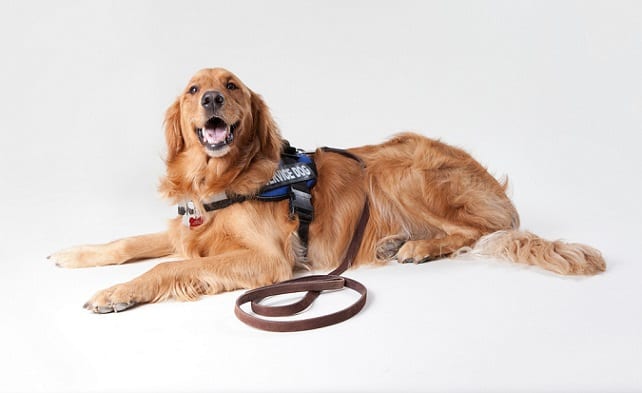Support animals can be incredibly helpful for those that need them. Although they are widely used, many are still ignorant to them. While there are many laws and other tidbits I don’t mention in this post, here’s a general overview of support animals.
What is a support animal?
Support animals are any of three different classes of animal that assists humans. There are service dogs (SDs), emotional support animals (ESAs)/comfort animals, and therapy dogs (TDs).
Who has support animals?
Service dogs and emotional support animals are owned by people that are considered disabled according to the ADA’s definition.
“An individual with a disability is defined by the ADA as a person who has a physical or mental impairment that substantially limits one or more major life activities, a person who has a history or record of such impairment, or a person who is perceived by others as having such impairment.” [https://www.ada.gov/cguide.htm]
Therapy dogs, however, can be owned by anyone.
The chart below contains more information on service dogs, emotional support animals, and therapy animals. Please keep in mind that this information can vary slightly depending on state, and greatly if you aren’t in the United States. It’s best to verify the laws where you live before attempting to obtain any of these types of animals.
|
Service Animals |
Emotional Support Animals |
Therapy Animals |
|
|
Training & registration requirements |
Trained to do work or perform tasks that mitigate a disability of the handler – no legitimate registration for service animals |
No training requirements – no registration requirements |
Basic obedience, social, and relaxed manner are all necessary – must be registered and licensed. |
|
Who do they support? |
Person that is considered disabled by ADA’s definition |
Person that is considered disabled by ADA’s definition |
Anyone |
|
What do they do to give support? |
Work/tasks that assist the handler in everyday things they aren’t able to perform due to their disability |
Their presence is typically enough, but some have their animal cuddle them, distract them with play, etc. |
Allow others to pet them, cuddle, provide socialization and acceptance, etc. |
|
Public access |
Allowed access anywhere general public is allowed (spare religious institutions/orgs & privately owned establishments, but state laws may allow) |
Only public access ESAs are allowed is in a plane – otherwise, they are considered a pet and aren’t allowed unless the establishment is pet-friendly |
Considered a pet – only allowed in hospitals, schools, etc. with prior permission |
|
Protection under Fair Housing Act |
Protected – handler legally cannot be turned down because of their service animal, and are allowed in no-pet housing |
Protected – cannot be turned down because of emotional support animal and are allowed in no-pet housing |
Not protected – not allowed in no-pet housing |
|
Type of animals |
Any breed of dog or small horse, in some cases |
Any animal, as long as the animal itself is legal to own |
Dogs, cats, rabbits, birds, guinea pigs, rats, miniature pigs, llamas, alpacas, horses, donkeys, mini-horses, and in some cases, fish. |

